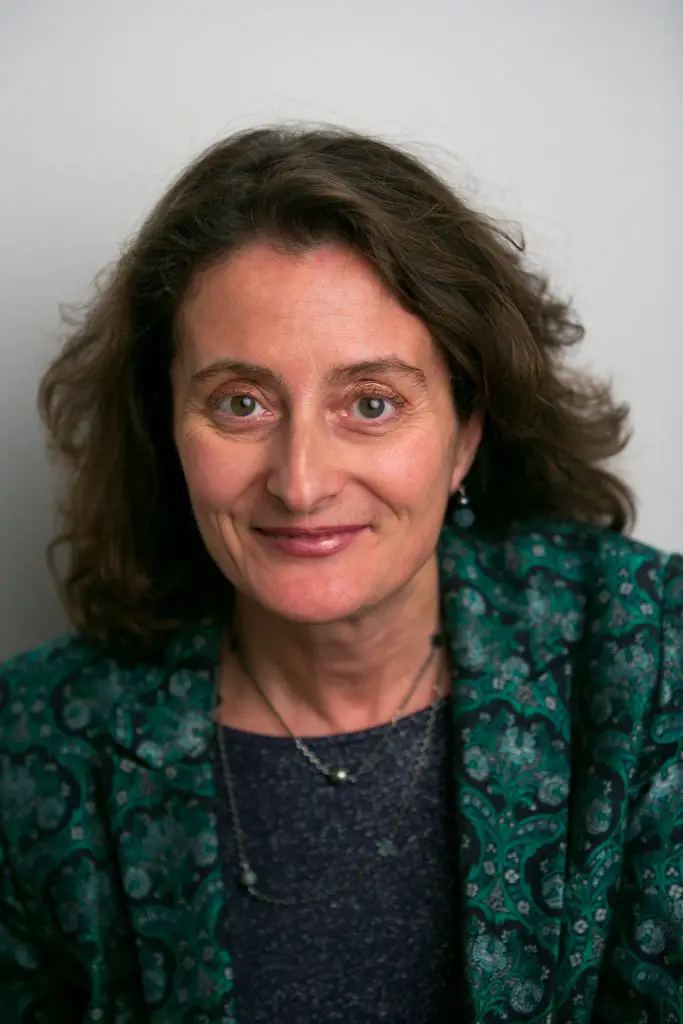About one-quarter of deaths from COVID-19 have been in dementia-affected people, according to Alzheimer’s Disease International, which is warning the pandemic may accelerate the disease.
Global peak body Alzheimer’s Disease International today released it’s From Plan to Impact report, calling for greater action on dementia plans. Download the report here.
It said of the 194 nations that signed up to the World Health Organisation’s 2017 pledge to create a global action plan for dementia by 2025, just 32 countries have done so.
Australia has developed a yet-to-be-released national strategy following the completion of the National Framework for Action on Dementia 2015-19.

Alzheimer’s Disease International chief executive officer Paola Barbarino said acknowledged the monumental impact of dealing with COVID-19 on nations’ health priorities but said dementia plans were required to manage the increasing rates of the condition.
“COVID-19 has shown us just what can happen when the world is unprepared for health crises of such scale,” she said.
“We must prepare for the ongoing and increasing dementia epidemic. The number of people living with dementia is forecast to more-than-triple and is amongst the top causes of death worldwide. In some countries, dementia is already the number one cause of mortality.”
The report found about 50 million people are living with dementia today, with expectations of 152 million by 2050.
“We know COVID-19 has shifted everyone’s priorities right now, but while the pandemic is here temporarily, dementia is unfortunately here to stay, and health systems must prepare now,” she said.
“We applaud the efforts of those nations that have managed to prioritise dementia planning over the past four years, and greatly urge those who have yet to do so, not to lose sight of dementia in health and care planning going forward.”
Australia is cited in the report for its advanced planning of a dementia strategy, with the recent Australian Government funding of $229 million.
The report said more research was needed to determine the impact of COVID-19 on dementia. Alzheimer’s Disease International said some research suggested one or two people in 20 experienced a loss of smell when infected with COVID-19, a neurological symptom that “has the potential to cause long-term brain deterioration”. It also said the pandemic coronavirus could also damage the blood-brain barrier and cause inflammation, which had potential “concerning implications”.
“COVID-19 could be causing a future wave of dementia in an already vulnerable, proportion of the global population,” Ms Barbarino said.
Honorary Vice President and Former Chair of Alzheimer’s Disease International Glenn Rees said the recent Royal Commission into Aged Care Quality and Safety made an important recommendation that would interest other nations developing their own dementia plans.
He cited the dementia support pathways, increased specialist dementia care services, regulation of restraint use, quality care standards, dementia-related design, and training.
“For Alzheimer and dementia associations this is not a message of despair, but a reminder of the need for eternal vigilance and strong and ongoing advocacy to get the needed improvements in dementia care and aged care more generally,” he said.
“Even where an evidence base exists, as with medical and physical abuse, it has taken 10 years in Australia to get the recommendations for tough action that have been needed for so long.”
Dementia Australia’s roadmap for care was also highlighted in the report. It focuses on dementia support pathways, increased workforce capability and better design as principles to guide the future of care.
The report said in Australia a diagnosis takes about three years and up to seven years for younger onset dementia.
Dementia Australia chief executive officer Maree McCabe said it was important to improve dementia diagnosis rates.
“Consumers tell us that accessing support services early improves their understanding of dementia, their relationships and planning for the future and with the time it takes to diagnose dementia on average, it is critical that this is improved,” she said.
Age is the biggest risk factor for dementia and globally, the population is ageing. Ms Barbarino said it was time for nations to stand by the commitments they had made to the World Health Organisation, and deliver on dementia plans.










